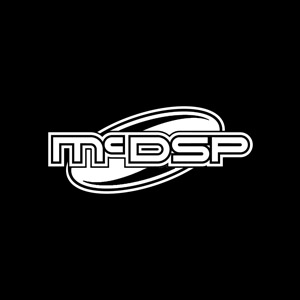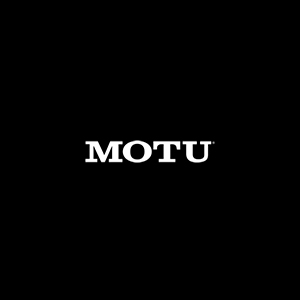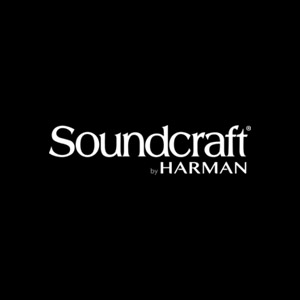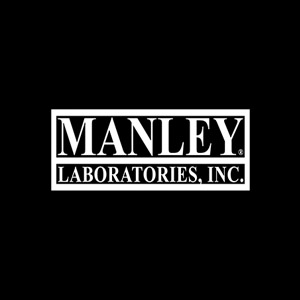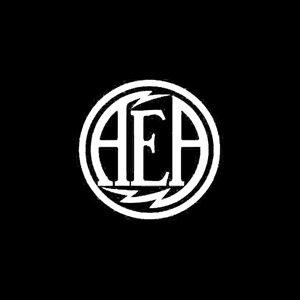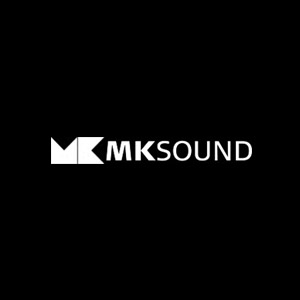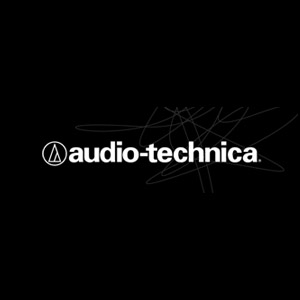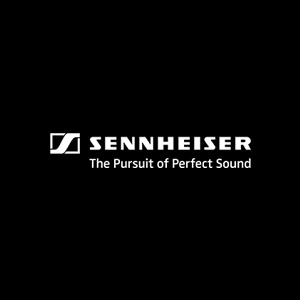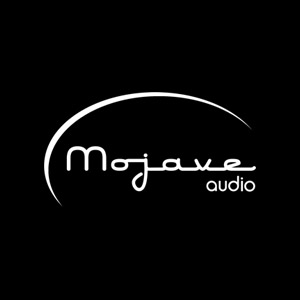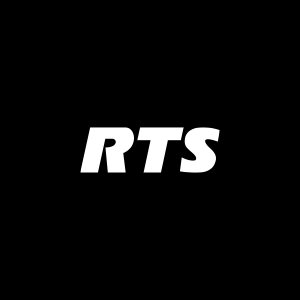CRAS Grad Panel Part 2
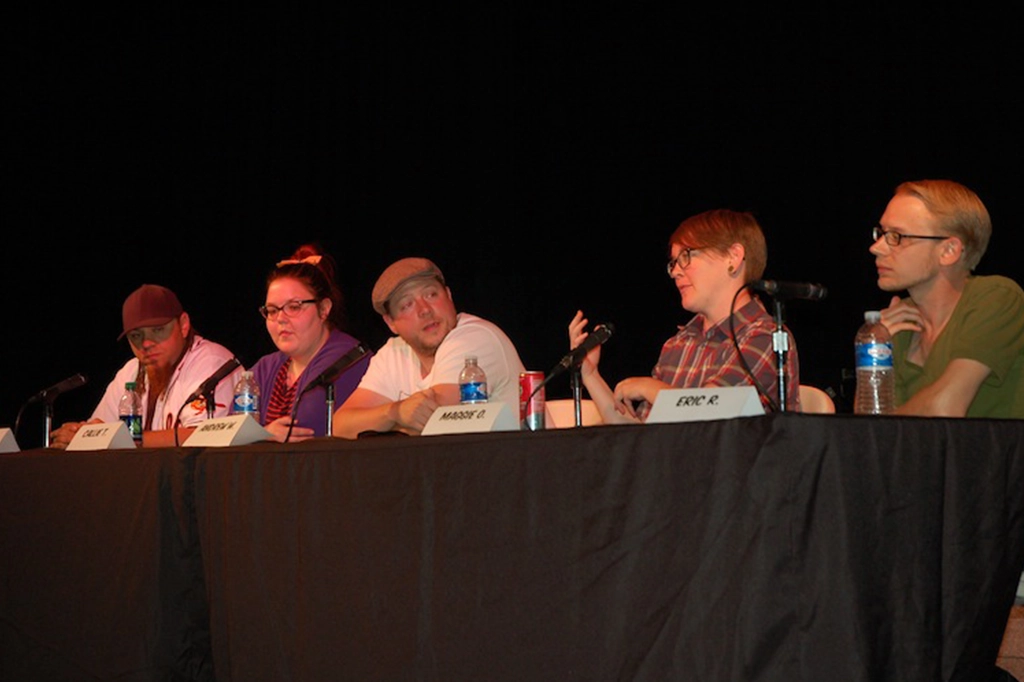
Following up on our Grad Panel post from yesterday, here is the continuation:
Crowd Question: What advice do you have to give to students who are maybe conflicted between which state they want to go to, or even just cities? Say somebody wants to go to LA, but on the other hand they also want to go to New York, or Nashville, or Chicago…
Andrew: I’m sorry to those of you who are considering New York.
Eric: Don’t do it.
Andrew: New York has kind of dried up. I was just there six months ago and there’s really only about three studios that are moving a lot [of work]. Just the real estate there is so expensive, a lot of the studios really had a hard time when the whole home studio thing and project studio thing became better quality. A lot of people who lived in the New York area built their own places, or they moved to LA. Pretty much everyone that I know is in LA. LA is probably the best place to be at, but I can’t say that for sure because I’ve never worked in Nashville. I’ve worked a lot in Atlanta, and a lot in LA, and there’s a lot going on there. So if you were going to choose between LA and New York, unless there was really some defining reason that you wanted to be in New York, I would probably steer towards LA.
Callie: I’d say also do your research in what you want to do. If it’s music, what kind of music? See where it’s big. I know with film, you know, a lot of the post production is done in Los Angeles. But they’re starting to film a lot in New Mexico, and New Orleans…
Andrew: Pennsylvania…
Callie: So they’re shooting everywhere, so if you want to go into production, you have a lot more options. But for post production, you mainly need to go to LA. It’s also really big in Canada. So my biggest advice is to find out what you’re interested in and do your research on where that’s happening, and do your best to get into that market.
Jeremy: You also really have to do your research too, because those markets are so flooded. Like, all of us are based out of LA. There’s so many people, and that’s all your competition. It really depends on what you want to do. If you’re trying to go for those A-list places or something big like that, you kind of have to do that. But if it’s not really that big of a deal and you just want to do audio or live sound somewhere, and just be happy with that, there’s venues all over the country, know what I mean? It just depends on what your focus is and what your goal is.
Maggie: Be realistic too. You’re probably not going to get paid for a long time, so if you have money stashed or time for a second job, that’s something to take into consideration. I watched a lot of people move to places where “Oh, I’ve always wanted to live there!” Remember, you’re not getting paid to live there. And all those kids that did that, that big kind of pipe dream stuff, they’re not there any more. They’re back home. And there’s nothing wrong with that either, but it’s like, definitely do your research on all fronts. Be realistic. If I need to get a second job, is that doable? You have to be a little bit resourceful with every aspect, not just only your business. Like how do you live, do you have roommates, how do you commute? What’s gas? What’s mass transit? What’s available to me? You really got to go at it practically. You have to get rid of the glam and glitz part of it and get down to the nuts and bolts of can I do this? And can I do it without stressing out too terribly much?
Jeremy: Yeah, and be prepared because LA is expensive.
Eric: But not as expensive as New York.
Maggie: And there’s weather [in NY].
Andrew: And how are you going to have a car to do runs on Manhattan Island?
Becky Fimbres: I want to piggy-back on something that Andrew said earlier about A-list versus B-list studios. Yes, if you work hard and you get into these A-list studios…if you mess up that one time, it could be over for you instantly. You have to face that reality. In a smaller one, sometimes maybe you get that extra little “OK, you messed it up. Just don’t do it again,” kind of pat on the shoulder, but we’ll be watching you. You have to take all of these things into consideration when you’re thinking about big studio versus small studio, and again it’s about educated, researched decisions.
Andrew: The research, to even pile on top of that too…The homework never stops, even after you’ve picked your internship. When you get to a studio, do research on who works there on a regular basis. What producers, what artists? When you’re there for a month or two, or three months, four months, you start to see that most studios are a revolving door of the same clients. A lot of clients like to stay close to home. So figure out everything you possibly can about everybody who works there. What temperature they like their coffee, what chinese food restaurant they like to eat at. If they’ve fired people for stupid stuff in the past. Anything you can do to give yourself an advantage. You’re competing with everyone else in the city, and like he said, Los Angeles is a very competitive market. You have lots of kids out there and lots of people all gunning for a small amount of jobs. So whatever you can do to give yourself an advantage over any of them is what you need to do.
Becky: How important is networking?
Eric: Extremely.
Andrew: It’s everything. Resumes don’t mean anything.
Eric: Networking…one of the most interesting things about working in music, one of the interesting things I’ve found out the most is that I get more clients based off of my friendships with them than any other thing. You come to the realization that nobody wants to spend twelve hours in a room with somebody they wouldn’t want to go get a beer with. I wouldn’t want to hire somebody that I don’t want to hang out with. It’s a comfort level, you’ve got to understand. A lot of the artists there, that’s their creativity. They are paying a lot of money to work in a studio and be creative and just let their ideas flow out, and they can’t do that if they don’t like the person they’re working with. Even then, the networking thing…Speaking of LA, LA is an entertainment town. Even if it’s somebody in film. I meet people in parties and it’s like, “Oh I do film, but I have a friend who is a musician. He’s looking at making a record.” Boom. Client. Shoot, sitting in a Starbucks…I got one of my best gigs sitting in a Starbucks. I overheard a conversation from the table next to me and the guy was bitching about these mixes that this other engineer did. All I did was finish my coffee, and I walked up to him while he was still on the phone and I put my business card in front of him. And he called me two weeks later and it was a month [long] gig. So it’s like the weirdest things. Even when you’re out at a bar, you’re still working because you never know who you’re going to run into. You never know who you’re going to meet. Networking is everything.
Jeremy: Like Andrew said, resumes really don’t matter. They don’t really, you know? When you go through this school and everything and get all the certs…There’s a ton of certs that you can get. I did the same thing, I was like “I’m gonna get every one of these certs and I’m gonna be bad-ass.” I did all that. But when you get out there it doesn’t really matter what certs you have. It’s good because it helps you get through these programs and start to learn these programs. When you get out there, no one cares that you have a piece of paper, they want to see what you can do. So it doesn’t really matter. If you can do it, good, keep on it. If you don’t use it, you lose it. I remember I was doing a session with my boss, it was a small thing. You know, I was Tier 5 Pro Tools and everything like that. So I get out there and I’m doing the session, and I wasn’t working on Pro Tools for a long time, like a year and a half. And I’m sitting there doing this, and I’m like “How do you make a marker?” And I had to ask my boss how to make a marker. In Pro Tools. A Grammy winning…I felt like an idiot. But then again, when you don’t use it, you lose it. So keep on it. Don’t think that just because you have these certs and these pieces of paper that you’re ahead of the game, because there’s a bunch of people that are better than you still. Be humble.
Eric: Also adding to that, you never stop educating yourself. Never. If there’s a new program that comes out, you learn it. If there’s a new plug-in, you learn it. If there’s a new pre-amp, different EQ design, whatever. Learn it. It’s just another tool, you know? I keep asking people…does anyone here know Ableton? [three people raise their hands] Ooh, that’s depressing. Yeah, learn it. I can’t tell you how many artists come in with Ableton. It’s ridiculous.
Andrew: And to me, that’s one of the funnest things about this gig. The technology moves so quickly. The tools are remade and better tools are made. You can never stop learning. I work with guys who have been doing this thirty years and they still learn something every day. Every mix I do I learn something that I didn’t know the mix before. Every song you get is a new challenge. It’s a new approach. That’s the best thing about this. You have a regular job, you go and sit in front of a computer and do whatever, you do the same thing every day, but that’s not the case with this gig. It’s always changing. The sound of music is always changing. Who would have thought that EDM would be on Top 40 radio two years ago? Three years from now, what’s music going to sound like? We don’t know. That’s the beauty of it. But you always have to keep yourself sharp with the tools. These days, with how accessible Pro Tools and these programs are, with your laptop and everything, there really isn’t an excuse. Getting back to what he said about staying sharp…you don’t have an excuse to not be sharp. You may intern for 10 hours a day, and you can go home and sleep for five hours, or you can spend three hours on Pro Tools and sleep two hours. Your competition is going to sleep for two hours. So you gotta do the same, or sleep for one hour.
Crowd Question: I’m interested in doing post production, specifically in New Orleans. I was hoping maybe you could give some advice for those of use who are trying to break into a scene that is in a smaller market than LA.
Callie: I know in New Orleans right now it’s a lot of production. I don’t quite know about their post production. I know production-wise a lot of people are starting to film there because it’s cheaper, and the land is great. I would just do your research, and find out. With it being New Orleans, and it’s the South, I’m sure a lot of people are going to be a bit more friendly than what it is in LA. So you might be able to just go in and just talk to them. But find out if there are post production studios, who you can contact there, send them and email and introduce yourself. Say “I’m looking to get into this. Are you hiring? Do you have any advice? I just moved out here…” Just do your research, try to make some friends and find out what is out there, and what’s going to be available for you. Unfortunately I don’t know a whole lot about how to get on with production and film shoots. I know it’s a very tight little group there. But I know my friends that have done it, they start as a PA, so you become a production assistant on set. Then make friends with the sound guys and just start from there, whether you want to be on the picture side of things or if you want to do the audio. Usually as a PA you can network and work your way into the area that you want to do.
Check out more on this here!



